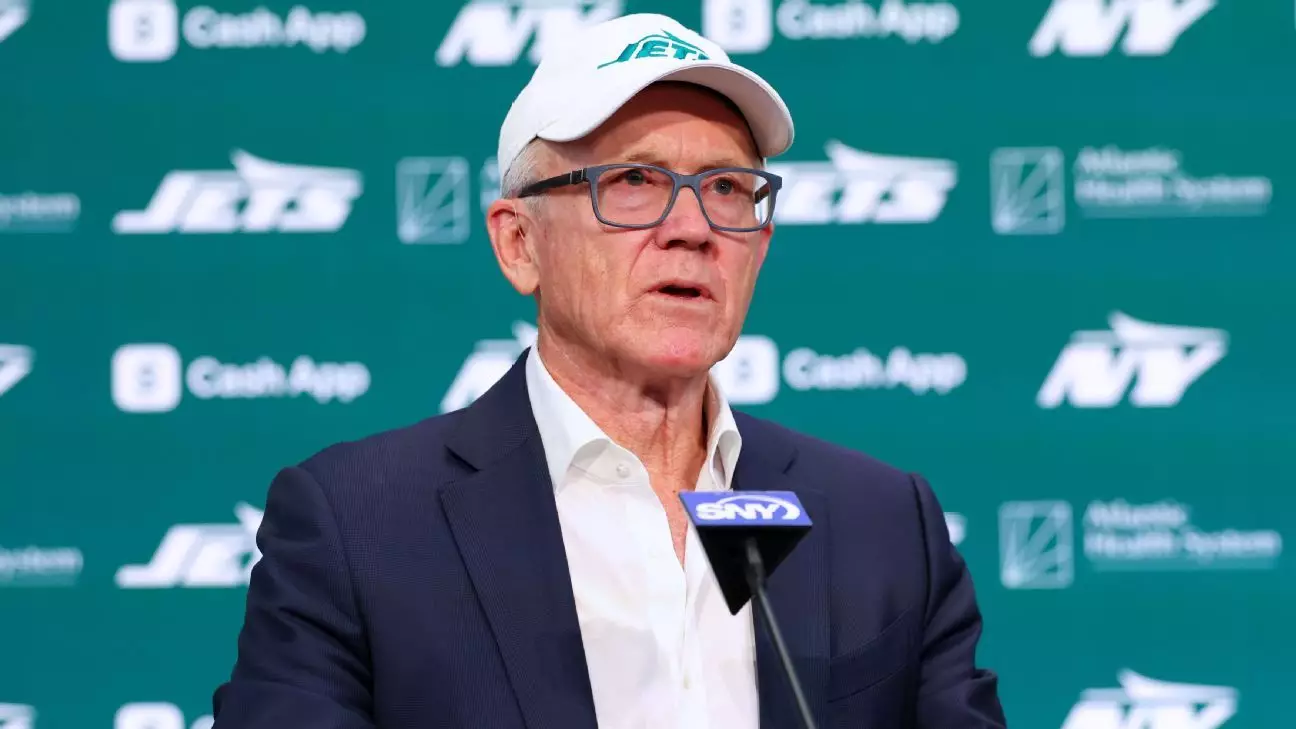The recent acquisition of a significant stake in Crystal Palace by Woody Johnson marks a pivotal moment not only for the club but also for the broader landscape of football ownership. Johnson’s substantial investment of approximately £190 million underscores a new era where American business magnates increasingly see the Premier League as a fertile ground for expanding their influence and generating global brand value. This move signals a strategic alignment with the club’s ambitions to elevate its performance and stature on the international stage. It embodies a bold decision rooted in confidence, signaling that Palace is serious about competing at higher levels and leveraging global partnerships to achieve sustained success.
From a broader perspective, Johnson’s involvement signifies a shift in ownership paradigms within the Premier League. Historically dominated by local investors and traditional football families, the league now finds itself embracing international entrepreneurs who view the sport not only as entertainment but as a long-term investment opportunity. Johnson’s ownership journey, therefore, can be seen as part of an evolving trend where the football industry becomes more interconnected with global business networks. This idea of globalization, driven by strategic investments like Johnson’s, could radically boost the club’s resources, scouting networks, and competitive edge.
A Critical Examination of the Ownership Shift
While this development might appear promising, it warrants a careful and critical examination. Johnson’s purchase follows a complex series of events involving UEFA’s dispute over Palace’s participation in European competitions. The club’s demotion from the Europa League to the Conference League due to multi-club ownership rules reflects underlying issues about the governance and regulatory framework of European football. This controversy highlights the fragility of current governance structures and raises questions about how such disputes might influence the club’s future trajectories under new ownership.
Moreover, Johnson’s background as a political figure and former ambassador raises pertinent questions about the intersection of sports, politics, and business. His previous failed bid to acquire Chelsea reveals the challenges American investors face when navigating the intricate regulations and cultural nuances of British football. Although Johnson clearly admires Palace’s traditions, his intentions may be driven as much by commercial interests as by sporting passion. This duality underscores the importance of scrutinizing whether this investment prioritizes long-term club growth or primarily serves as a strategic move to amplify his international profile.
Additionally, the complex legal dispute involving UEFA’s rules and the club’s European prospects suggests that external political and regulatory forces significantly influence the stability of such investments. The ongoing appeal at the Court of Arbitration for Sport will ultimately determine Palace’s European fate, which could impact the club’s morale, fan engagement, and overall valuation. Such external factors introduce an element of volatility that may challenge the intended stability of Johnson’s stake.
Implications for Fans and Club Identity
Introducing an American billionaire into the ownership mix inevitably stirs up mixed reactions among the fanbase and stakeholders. Supporters of Crystal Palace are known for their passionate loyalty and deep-rooted connection to the club’s history and identity. How Johnson’s involvement will influence club culture remains uncertain; some may view it as a positive infusion of resources and ambition, while others could fear a loss of authentic local identity.
Johnson’s public statements emphasize his admiration for Palace’s history and his excitement to engage with the fans. However, the true test of his effectiveness will be in how well he balances commercial ambitions with respecting the club’s traditions and community values. The Premier League’s increasingly global spectator base means that owners like Johnson might focus on expanding the club’s international reach, merchandise sales, and global fan engagement, often at the expense of local identity. These changes could redefine what it means to be a Palace supporter in a shifting football landscape.
Ultimately, the club’s future under Johnson’s stewardship hinges on more than just financial muscle. It requires a nuanced approach that respects its roots while innovating for growth. If managed thoughtfully, his involvement could bring about a renaissance in Palace’s fortunes. If not, it risks alienating a loyal fanbase and diluting the very essence that has sustained the club for over a century. The real challenge lies in translating Johnson’s ambitious vision into tangible, sustainable success without sacrificing the soul of Crystal Palace.

